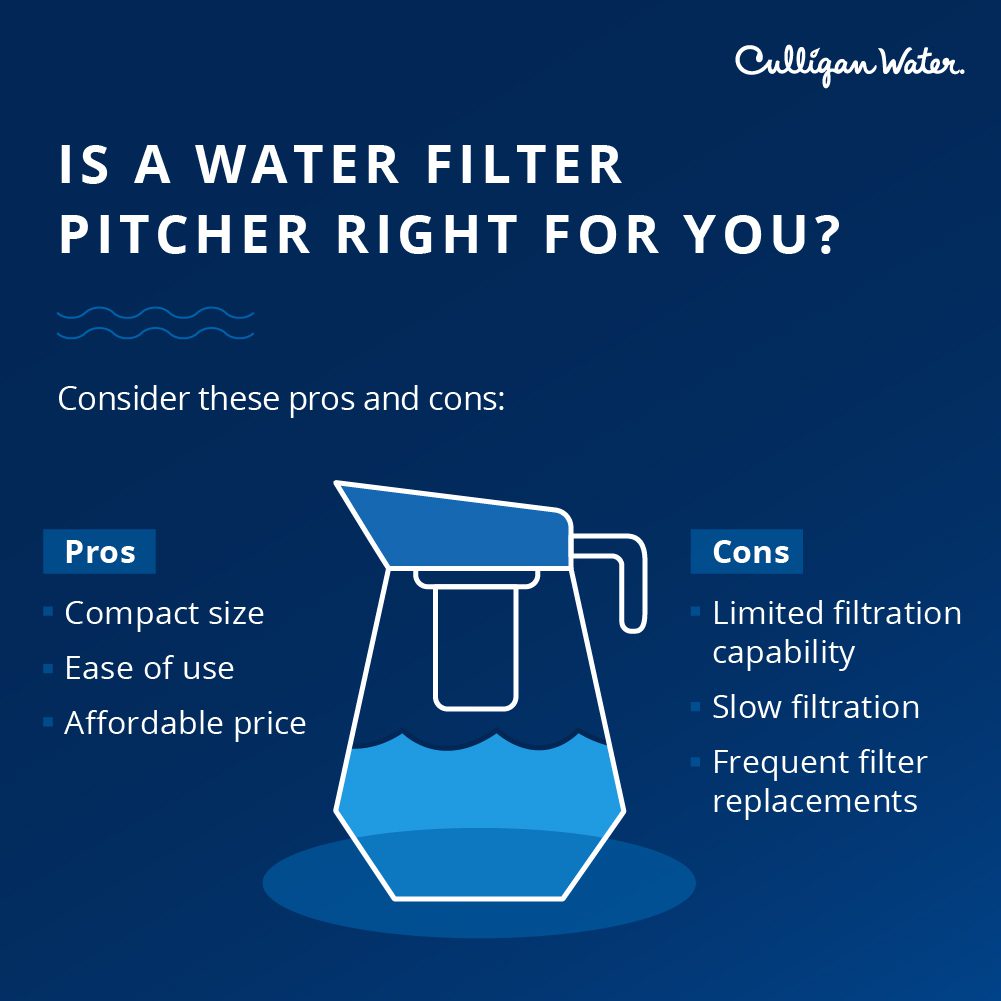Are you considering getting a water filter for your home? While water filters have become increasingly popular in recent years, it’s important to understand that they are not without their drawbacks. In this article, we’ll explore the cons of water filters, highlighting the potential disadvantages you should be aware of before making a purchase. From maintenance requirements to possible changes in taste, we’ll uncover the downside of relying on a water filter to provide you with clean and safe drinking water. So, let’s dive in and discover the cons of water filters!
Maintenance
Regular Replacement of Filters
One of the cons of using water filters is the requirement for regular replacement of filters. Depending on the type of filter you have, you may need to replace the filters every few months or even more frequently. This not only adds to the maintenance cost but also requires regular monitoring and purchasing of new filter replacements.
Costly Maintenance
Another disadvantage of water filters is the additional expense associated with their maintenance. Apart from the cost of filter replacements, there may be other maintenance requirements such as cleaning or servicing the filtration system. These costs can quickly add up and become a significant financial burden for some individuals or households.
Time-consuming Cleaning
Cleaning the water filter system can be a time-consuming task. Depending on the complexity of the system, you may need to disassemble and clean various components periodically. This can be particularly challenging for individuals with busy schedules or limited time available for maintenance tasks. Neglecting proper cleaning can lead to decreased filter efficiency and performance, thus reducing the overall effectiveness of the filtration system.
Risk of Contamination
Improper maintenance or lack of timely filter replacements can lead to a risk of contamination. If the filters become clogged or saturated, they may no longer be able to effectively remove contaminants from the water. In some cases, this can result in reverse filtration, where the contaminants are released back into the water. This poses a health risk and defeats the purpose of using a water filter in the first place.
Initial Cost
High Initial Investment
One of the initial drawbacks of water filters is the high initial cost. Depending on the type and quality of the filtration system, the price can range from moderately expensive to significantly costly. This high upfront investment can deter some individuals or households, especially those with limited budgets or financial constraints.
Additional Installation Expenses
In addition to the initial cost of the filtration system, there may be additional expenses associated with installation. Depending on the complexity of the system and the specific requirements of your home or establishment, you may need to hire professionals for installation or make modifications to your plumbing system. These additional expenses can further increase the overall cost of implementing a water filter.
Limited Budget Options
For individuals or households with limited budgets, the availability of affordable water filter options may be limited. While there are various brands and models available in the market, the cheaper options may not provide the same level of filtration efficacy or durability as more expensive ones. This can make it challenging for those on a tight budget to find a suitable water filter that meets their needs without compromising on quality.
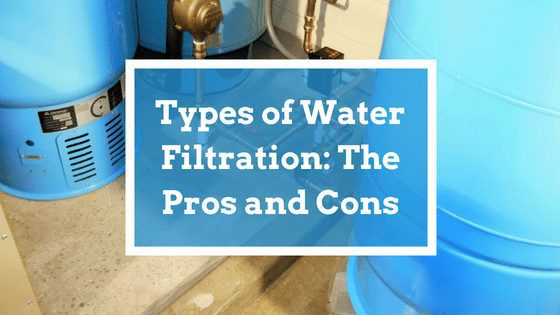

This image is property of bfplumbingbayarea.com.
Limited Effectiveness
Inability to Remove Certain Contaminants
Despite their ability to remove a wide range of contaminants, water filters may still have limitations in terms of effectively removing certain types of pollutants. For example, some filters may struggle to remove heavy metals, pesticides, or certain chemicals from the water. This can be a significant drawback for individuals or households who rely on a water filter to ensure the safety and purity of their drinking water.
Reduced Efficiency over Time
Over time, water filters can experience reduced efficiency in removing contaminants. This is especially true if the filters are not regularly cleaned or replaced as recommended by the manufacturer. As the filtration system ages, it may become less effective in trapping and removing pollutants, leading to potentially compromised water quality.
Inconsistent Filter Performance
In some cases, water filters may provide inconsistent performance in terms of filtration. The effectiveness of the filters can vary depending on factors such as the quality of the source water, the flow rate, and the specific contaminants present. This inconsistency can be frustrating for users who expect a consistent level of performance from their water filter.
Space and Design Constraints
Requirement of Adequate Space
Water filtration systems often require a certain amount of space for installation. Depending on the type and size of the system, you may need to allocate a specific area under your sink, on your countertop, or in another designated location. For individuals or households with limited space, finding an appropriate location for the water filter can be a challenge.
Restrictions on Installation Locations
The design and requirements of water filters may restrict their installation to certain areas in your home or establishment. For example, under-sink filters typically need to be installed close to the water source and may not be suitable for installation in every room or area. This limitation can be inconvenient for individuals who prefer to have filtered water available throughout their living or working spaces.
Incompatibility with Existing Faucets
Some water filters may not be compatible with existing faucets or plumbing fixtures. This can be an issue if you have a specific faucet or design preference that is not compatible with the filtration system you choose. In such cases, additional modifications or purchases may be required, adding to the overall cost and inconvenience of installing a water filter.
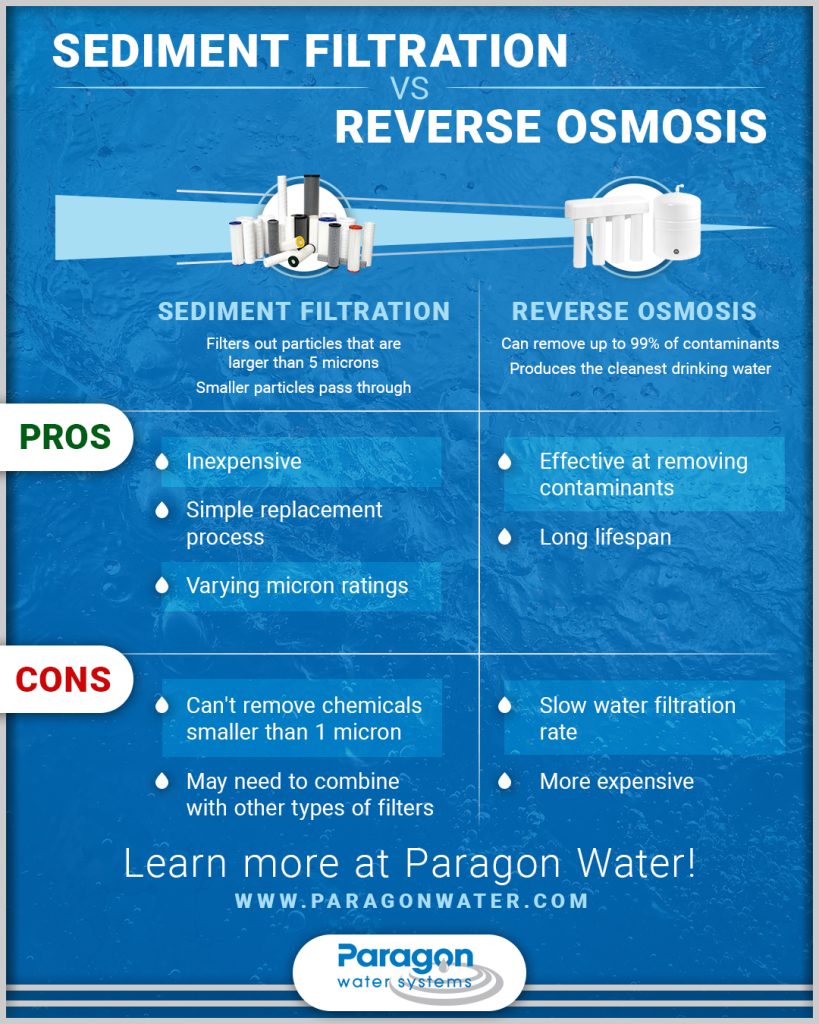

This image is property of www.paragonwater.com.
Limited Source Water Options
Inability to Filter Contaminated Water Sources
While water filters are effective in removing many contaminants, they may not be able to fully filter highly contaminated water sources. In situations where the source water contains significant levels of pollutants or impurities, additional treatment methods or alternative water sources may be necessary. This limitation can be a concern for individuals or households located in areas with compromised water supplies.
Dependence on Public Water Supply
Water filters often rely on the quality and reliability of the public water supply. If the source water is already contaminated or the public water treatment processes are insufficient, the effectiveness of the water filter may be impacted. In these scenarios, individuals may need to explore alternative water sources or consider additional filtration or purification methods to ensure the safety of their drinking water.
Environmental Impact
Waste Generation
The use of water filters can contribute to waste generation. Depending on the filter type, the discarded filter cartridges may contain accumulated contaminants or pollutants. Improper disposal of these used filters can pose environmental risks and contribute to pollution. Individuals using water filters should ensure they follow the proper disposal guidelines provided by the manufacturer or local waste management authorities to minimize the environmental impact.
Increased Carbon Footprint
The production, transportation, and disposal of water filters can contribute to an increased carbon footprint. The manufacturing process, including the extraction of raw materials and energy consumption, can release greenhouse gases and contribute to climate change. Additionally, the transportation of filters from the manufacturer to the consumer can further increase the environmental impact. This is a factor to consider for individuals who prioritize reducing their carbon footprint.
Potential Release of Harmful Chemicals
Certain water filters, particularly those with activated carbon or resin filters, have the potential to release harmful chemicals into the water if not properly maintained or replaced. Over time, these filters can become saturated with contaminants and may no longer effectively trap them. When this happens, the filters can potentially leach the accumulated pollutants back into the filtered water. This can be a health concern and negate the purpose of using a water filter.
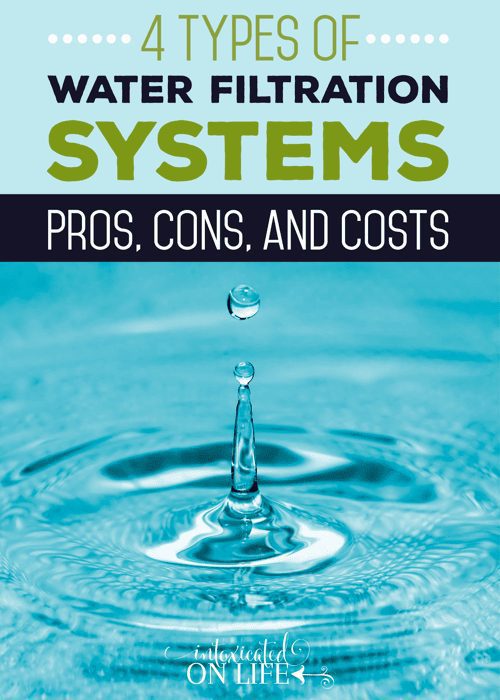

This image is property of www.intoxicatedonlife.com.
Risk of Bacterial Growth
Bacteria Trapped in Filters
Water filters, especially those with carbon-based filters, can serve as potential breeding grounds for bacteria if not properly maintained. Due to the moist environment inside the filter, bacteria can multiply and pose a risk of contamination. Regular cleaning and timely replacement of filters are essential to prevent bacterial growth and ensure the safety of the filtered water.
Biofilm Formation
Biofilm formation is another risk associated with water filters. Biofilms are communities of microorganisms, including bacteria and fungi, that can attach and grow on the surfaces of the filter media. Over time, these biofilms can reduce the effectiveness of the filter, clog the pores, and harbor harmful bacteria. Regular maintenance and proper cleaning are crucial to prevent biofilm formation and maintain the efficiency of the filtration system.
Potential Health Hazards
If not properly maintained, water filters can become a potential source of health hazards. Bacterial growth or the release of accumulated pollutants can compromise the quality of the filtered water. Drinking water contaminated with bacteria or harmful chemicals can lead to various health issues, including gastrointestinal problems, infections, or even long-term health complications. Therefore, it is essential to diligently maintain and monitor the condition of water filters to minimize health risks.
Fluctuating Water Pressure
Reduced Water Flow
Some water filtration systems can reduce the water flow rate, resulting in reduced water pressure. This decrease in water flow can be inconvenient, particularly when filling large containers or using appliances that require a steady flow of water. Users may need to adapt to lower water flow or consider additional measures to regulate and improve water pressure.
Need for Additional Water Pressure Regulation
If a water filter significantly impacts the water pressure throughout your plumbing system, you may need to install additional equipment to regulate and maintain optimal water pressure. This can add to the overall cost and complexity of implementing a water filter, particularly for individuals or households with preexisting water pressure issues.
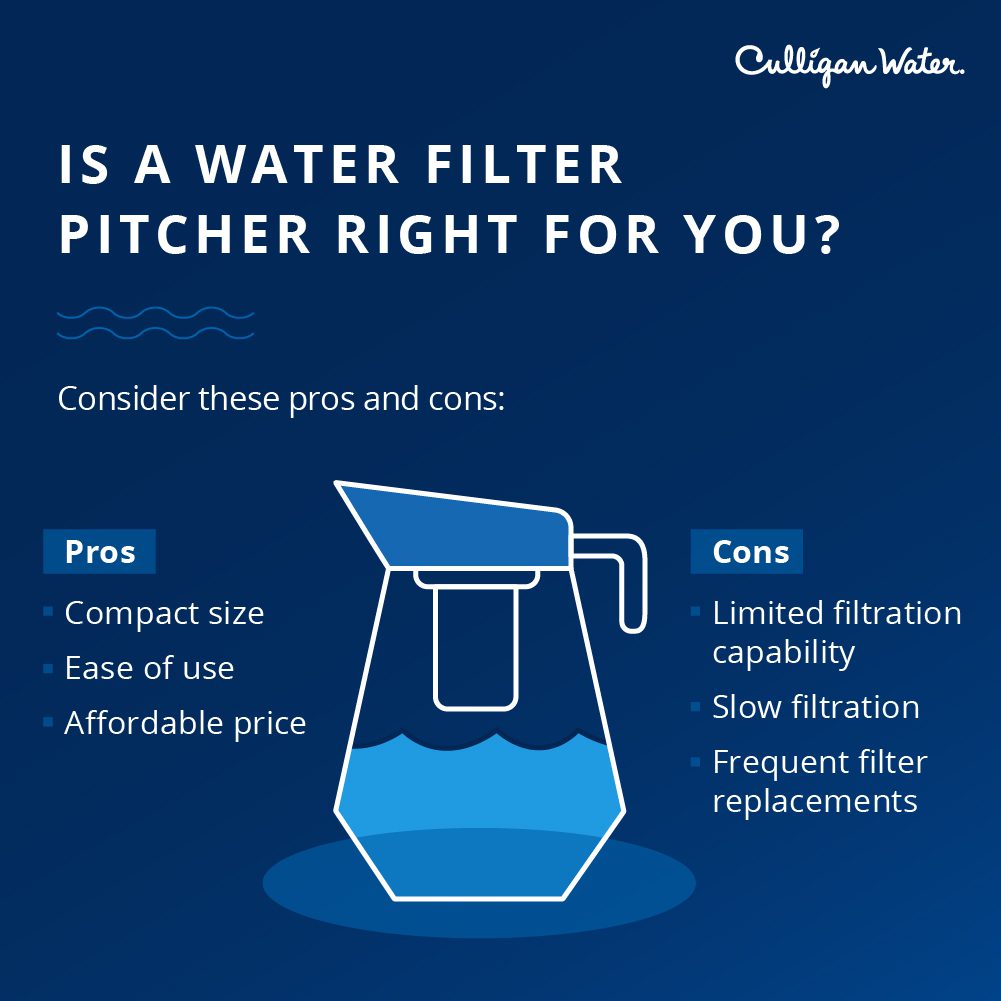

This image is property of wp.culligan.com.
Dependency on Electricity
Power Outages Affect Filtration
Some water filters rely on electricity to function effectively. In the event of a power outage or electrical failure, the filtration system may stop working or operate at reduced efficiency. This can be a concern in areas prone to frequent power outages or situations where a continuous supply of filtered water is necessary, such as for medical purposes.
Increased Energy Consumption
Water filters that require electricity to operate can contribute to increased energy consumption. The continuous functioning of the filtration system and any accompanying pumps or motors can consume significant amounts of electricity over time. Individuals concerned about their energy consumption or looking to reduce their overall energy usage should consider the potential impact of an electric water filter on their energy bills.
Inconvenience
Limited Water Flow Rate
Water filters, especially those with multiple filter stages, can reduce the water flow rate. This can result in slower filling of containers or longer waiting times for hot water from the tap. Individuals who value convenience and prefer a high water flow rate may find this to be a drawback of using a water filter.
Regular Filter Replacement
The need for regular filter replacement can be an inconvenience for some individuals. Remembering to purchase new filters at the appropriate intervals, waiting for their delivery, and replacing them can disrupt routines or add to the list of ongoing maintenance tasks. For those with a busy lifestyle or limited time available for maintenance, this can be a significant drawback.
Lack of Portability
Water filters are often fixed systems that cannot be easily transported or moved to different locations. This lack of portability can be inconvenient for individuals who prefer to have access to filtered water, even when away from their primary residence. Portable options do exist, but they may not provide the same level of filtration as larger, stationary systems.
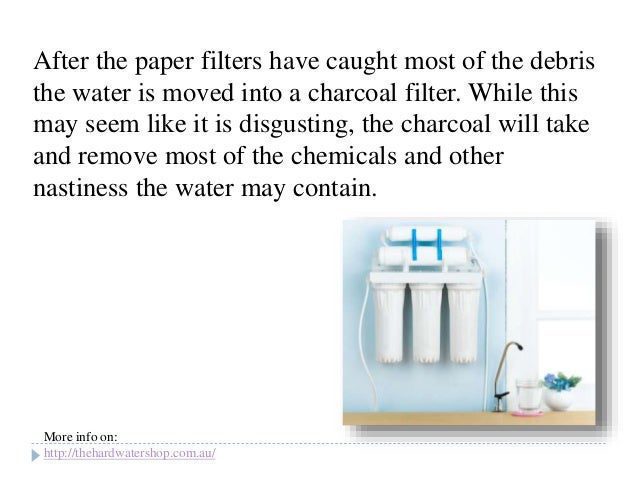

This image is property of pics.ozmo.io.

